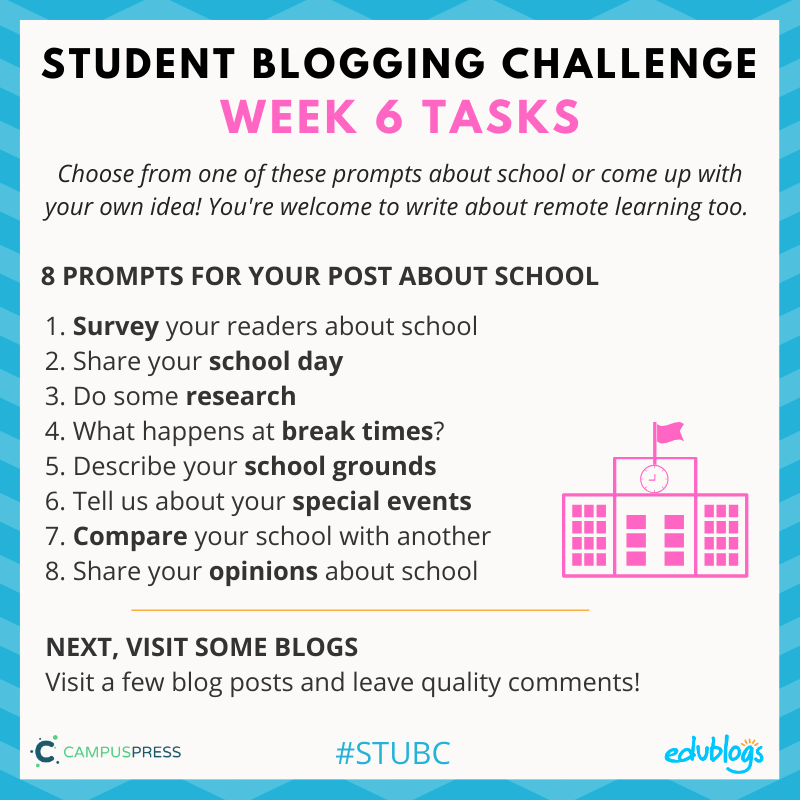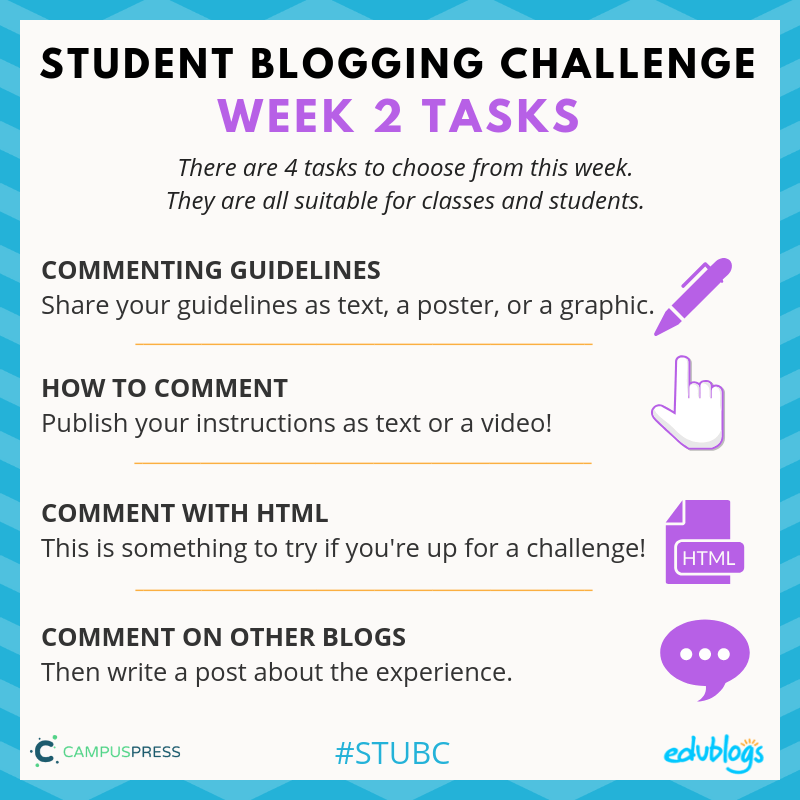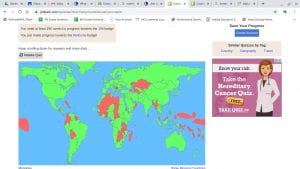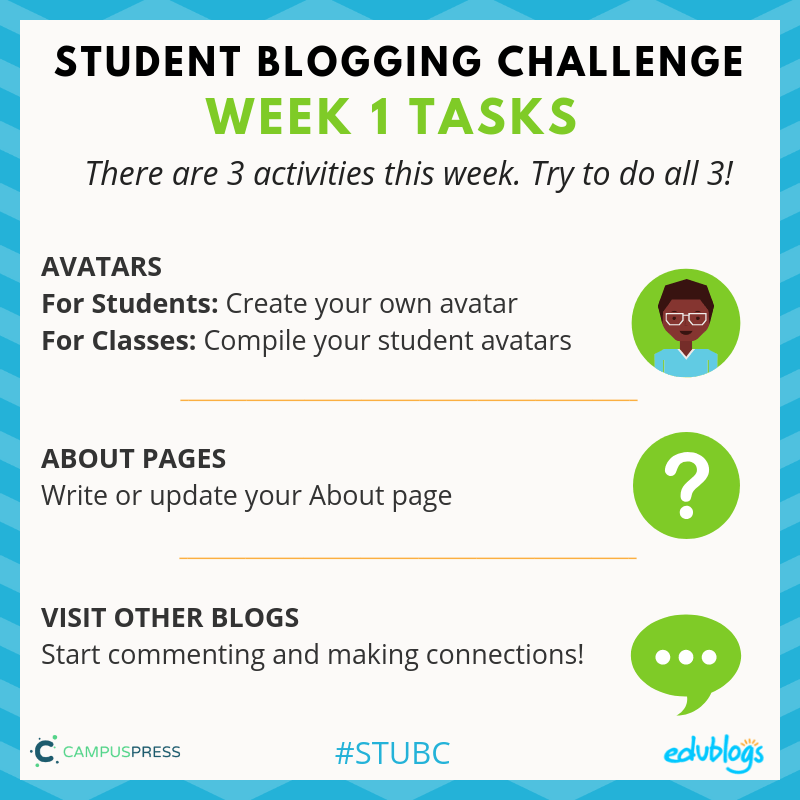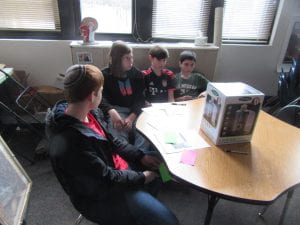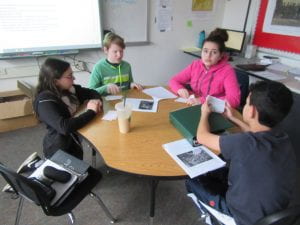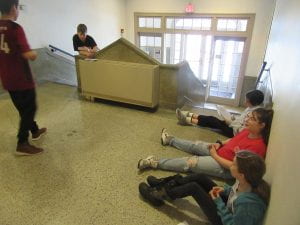Before we were confined to Distance Learning, we were diligently studying the impact of hunger in Milwaukee and different ways we could make an impact. We have obviously had some changes occur, namely in how we are operating as a class (far fewer opportunities for a live discussion). Students are still exploring the topic of hunger, but since we are no longer in a large classroom setting, we need to make some changes.
As part of that change, students are going to be watching the film The Starfish Throwers (the film is free online so feel free to watch with your student and have a conversation about the what, how, and why of the film). This film documents three people and their question to help end hunger. The hope is, after watching the film with a partner and have smaller discussions, each student will find a way to be inspired and make an impact in their community, in their own way, helping people who are afflicted by hunger (we need to help now more than ever). Obviously our project has shifted in some ways (and worry not, when we do eventually return to school, we will resume with our gardening project), but students can still use their voice to choose how they want to make the world and our community a better place.


